
Published on 24 October 2025
Read More
Discover how SIDRA’s forum united legal leaders from Singapore and MENA, forging partnerships and advancing innovation in cross-border dispute resolution for a global future.
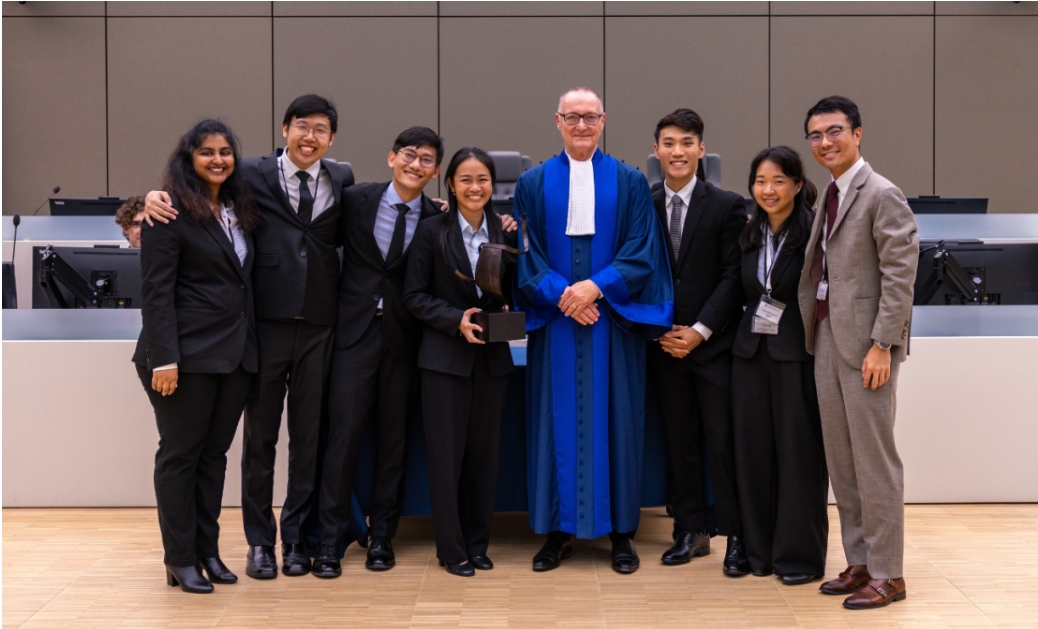
Published on 13 August 2025
Read More
SMU teams clinched two world mooting titles in June, reinforcing the University’s global reputation for excellence in advocacy, legal acumen, and transformative education.
![(Front row, L-R) Raelee Toh, Erica Wee, Elizabeth Ho, Genieve Wu. (Back row, L-R) Alexander Kamsany Lee, Fu Qiyuan, Lovein Sui, Assoc Prof Chen Siyuan. Absent in photo - Asst Prof Nicholas Liu, who coached the team. [Photo credit: Chen Siyuan]](/sites/engage.smu.edu.sg/files/articles/photo_SMU%20wins%202025%20Jessup%20moot_photo%20credit%20Chen%20Siyuan%20-%20landscape.jpg)
Published on 19 May 2025
Read More
SMU mooters continue to impress globally with outstanding performances in top-tier competitions—securing wins, finals, and top rankings that highlight SMU’s world-class legal training.
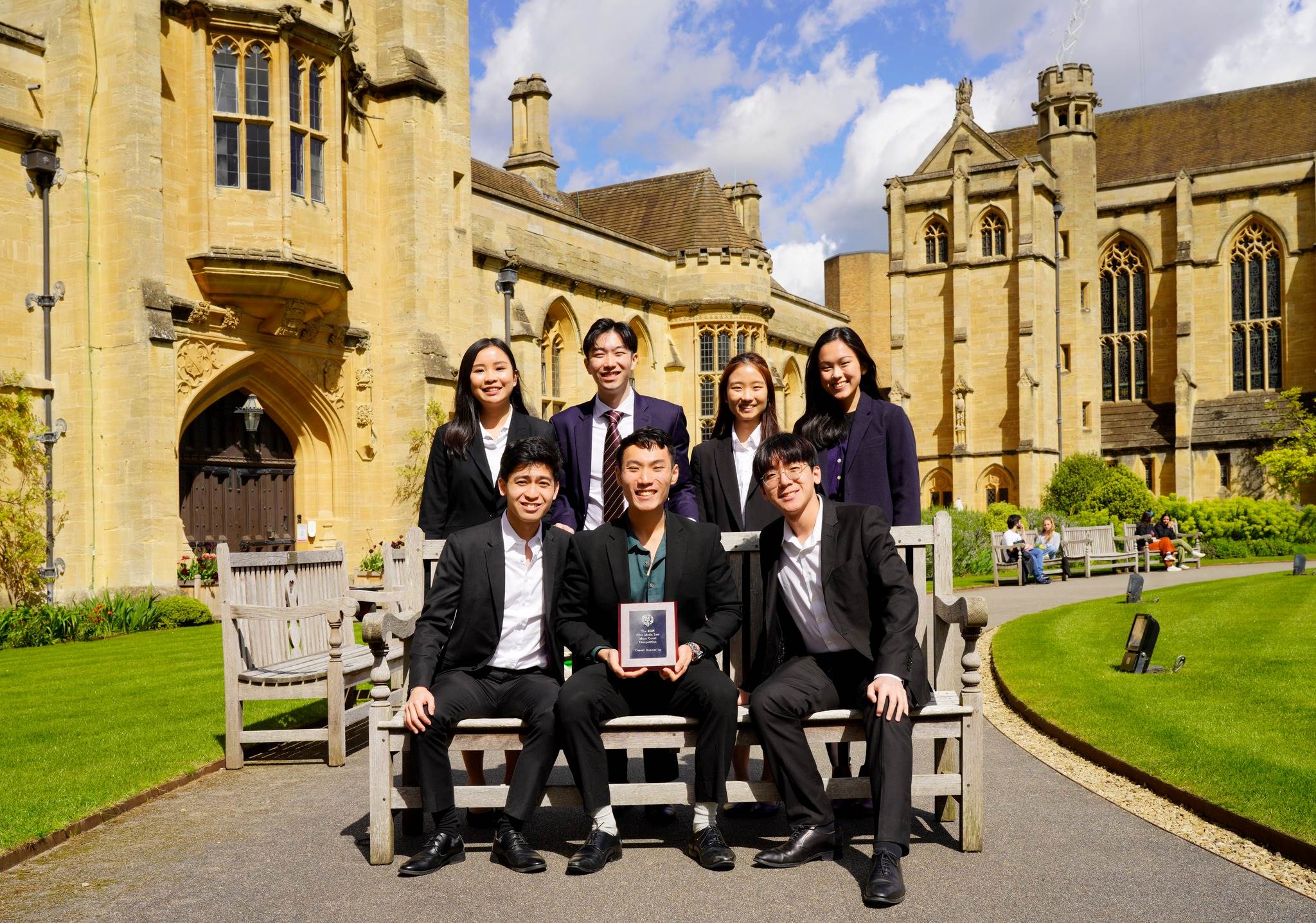
Published on 21 November 2024
Read More
Discover how SMU’s world-class mooting programme empowers law students to achieve global success while honing real-world skills and preparing for impactful legal careers.
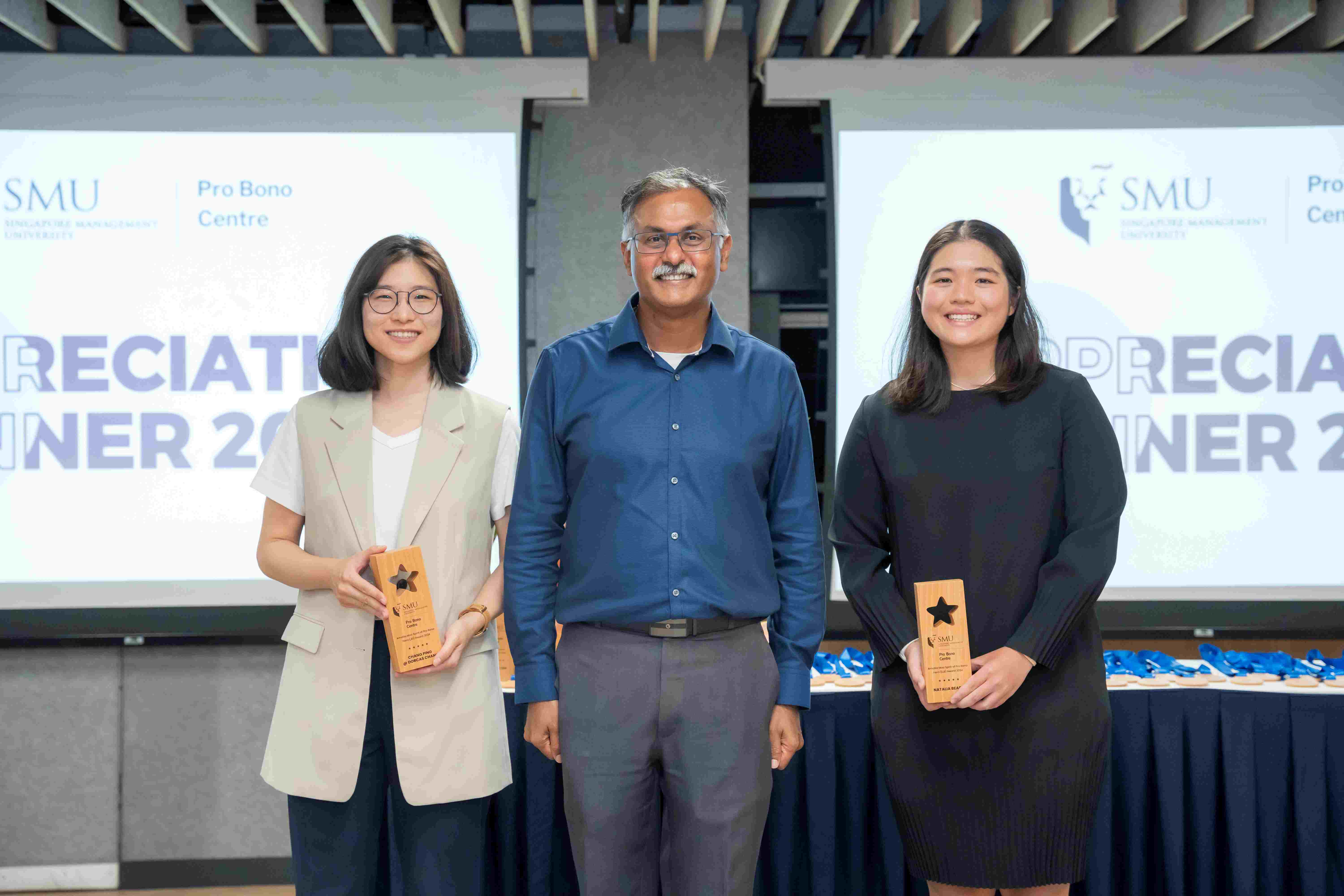
Published on 21 November 2024
Read More
The SMU Pro Bono Centre celebrated the extraordinary contributions of its law students and volunteer lawyers at its annual Pro Bono Appreciation Dinner, dedicated to honouring those who have made a lasting impact on the lives of those in need.
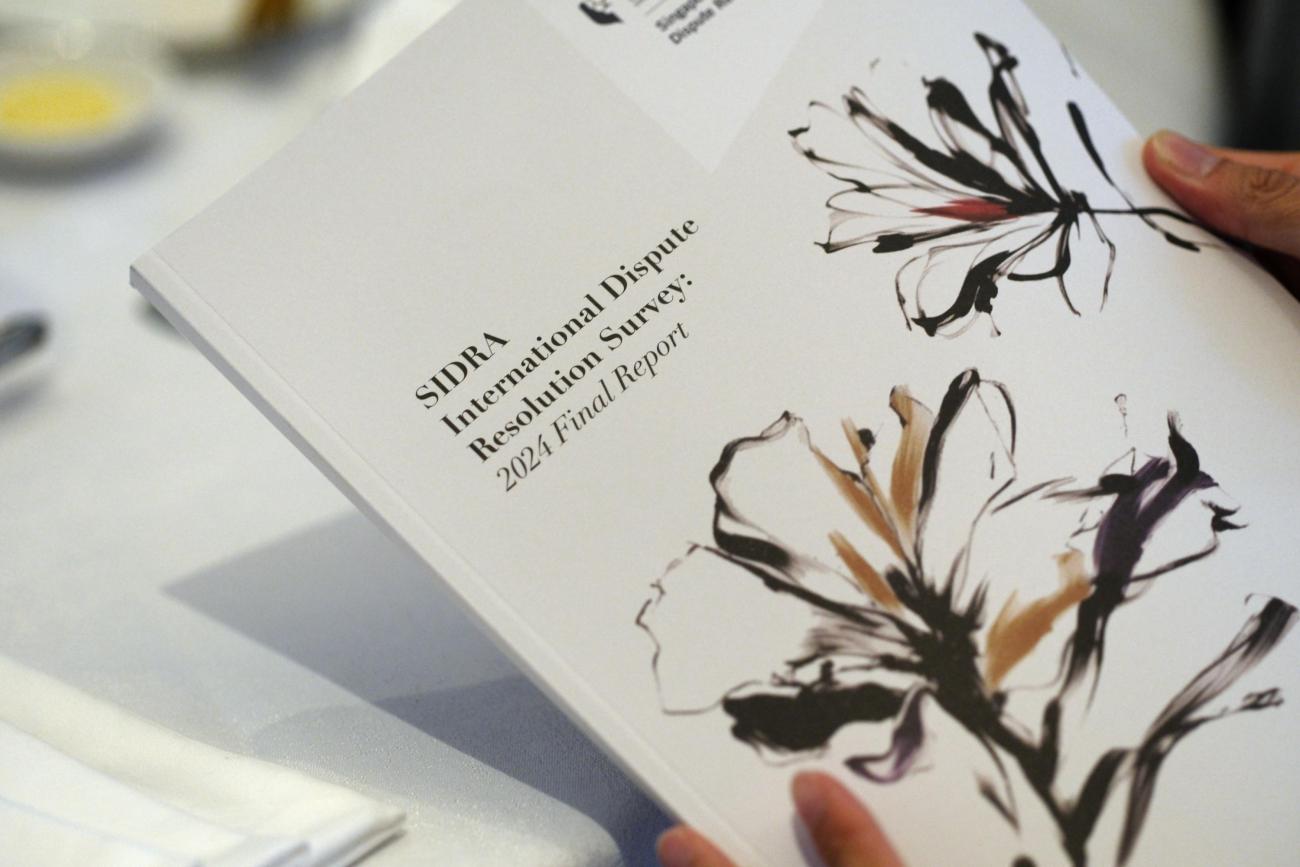
Published on 23 September 2024
Read More
The Singapore International Dispute Resolution Academy (SIDRA) at SMU’s Yong Pung How School of Law (YPHSL) has unveiled its highly anticipated 2024 Survey Report, offering groundbreaking insights into the evolving world of cross-border dispute resolution.
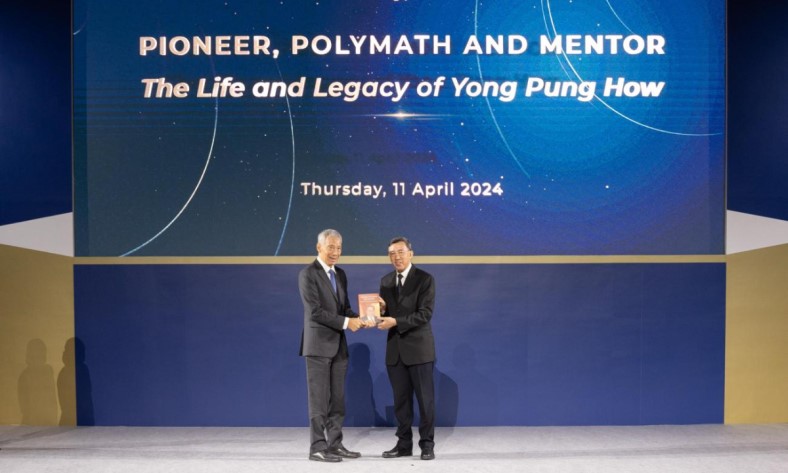
Published on 8 May 2024
Read More
A book examining the remarkable life and legacy of Dr Yong Pung How was launched at SMU on 11 April 2024. Dr Yong was the second Chief Justice of Singapore between 1990 and 2006 and served as the Chancellor of SMU between 2010 and 2015. In 2021, SMU renamed the School of Law to include Dr Yong Pung How's name as a recognition for his founding contributions to the University.
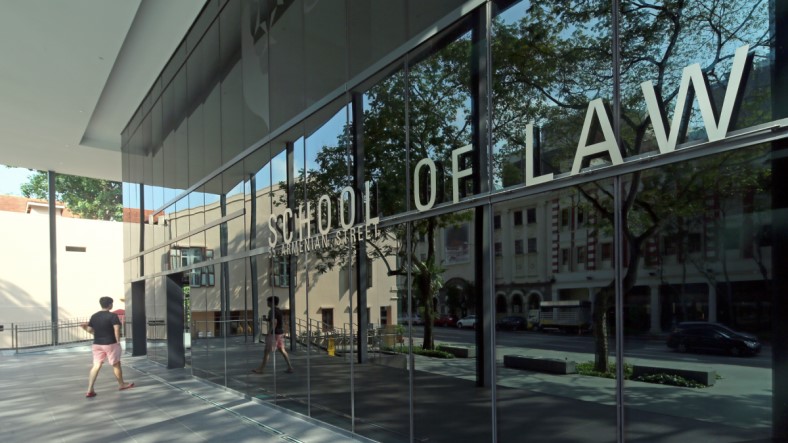
Published on 17 April 2023
Read More
The world in which we work has undergone significant changes, marked by a surge in the adoption of digital tools. Furthermore, the complexities of conducting business have grown in a globalised economy, adding to the challenges that legal professionals must address to stand out in a fast-evolving landscape.
Striving to ensure that students graduate with a future-ready foundation, SMU’s Yong Pung How School of Law (YPHSL) regularly updates its curriculum to ensure it meets new and future challenges.
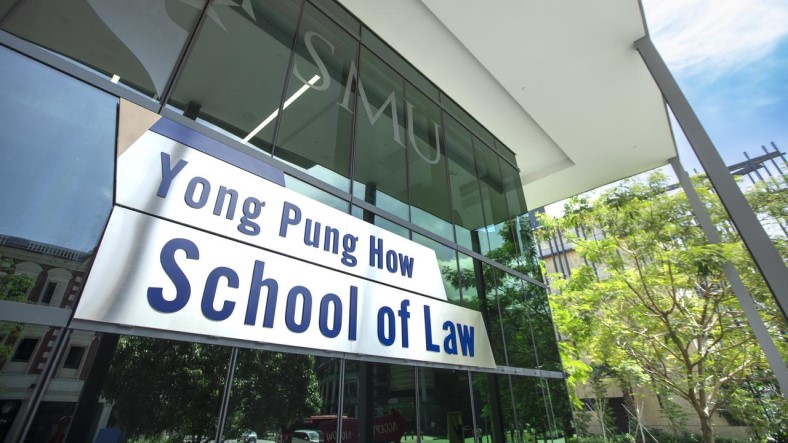
Published on 1 February 2023
Read More
A generous $20 million gift from the family of the late Dr Yong Pung How sets to establish a financial aid programme, fellowship programme and a research fund to further the legal discipline at SMU’s Yong Pung How School of Law.

Published on 23 May 2022
Read More
A simulated legal argument conducted before a panel of judges, the moot court is an important part of any law student's education, and remains relevant in the modern legal practice.